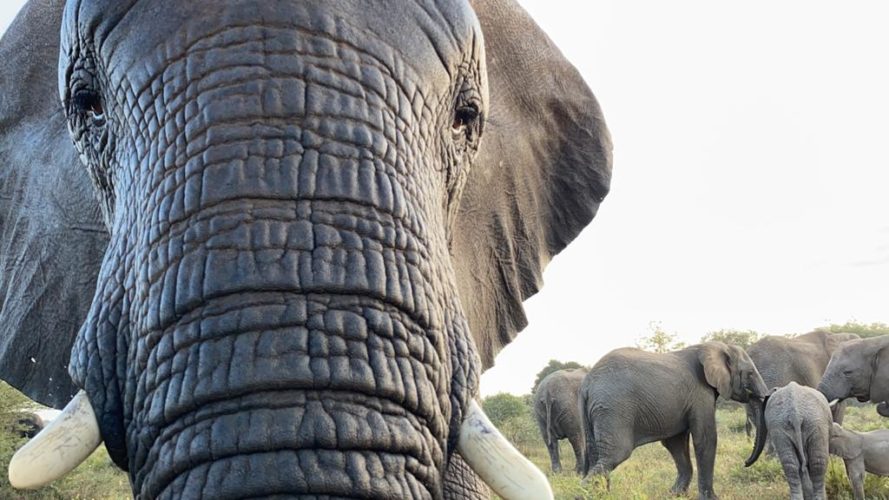We invite classrooms across the country or continent to share these videos with your students and spread the message! #STOPSNARING
Our multi-language videos about snaring aim to reach more and more people across South Africa and beyond, and will form part of our community collaborations in schools, starting with English, Sotho, Shangaan and Shona.
Watch the videos below!
STOP SNARING ~ A Message from HERD Elephant Carers, Reply & Willinton in SOTHO
We have seen the effect of snaring on two elephant orphans who were brought into the orphanage at HERD, and this experience has changed us forever. It has shown us just how much these animals suffer, how much they feel, their capacity for suffering, pain and loneliness.
Both calves suffered in ways far beyond their physical scars and wounds. It’s incredibly heart-breaking to witness how a baby elephant can suffer at the hands of our own kind, humankind, and then still be abandoned by its birth family as a result. When a calf is stuck in a snare and unable to move or feed with ease, it can be a detriment to the herd and for the sake of the whole, the calf is sometimes abandoned. There is nothing the herd can do for it.
For such a caring, sensitive, herd animal, this must be devastating beyond measure for the mother and other elephants.
Khanyisa was found with the snare wrapped around her neck, alone. She suffered severe lacerations on her cheek, ear and head. She would not have survived, with the cable cutting into her more and more each day, if she had not been rescued. We were able to help save her, rehabilitate her and give her a second chance at a life with a herd, in nature, surrounded by love and protection. But her trauma and emotional scars have had to heal too.
We have seen a snare victim, Fenya, succumb to the fatal effects of being caught with a poacher’s snare around her neck for almost two months, starving, dehydrated, terrified, alone, with open wounds.
Each time, our hearts break to see these animals suffering.
Snares are set not only to catch elephants or rhinos for ivory but also for bush meat, for people to sell and put food on their tables. The baby elephants are caught often by accident and the whole herd dynamics of an already endangered species suffers.
It’s time to create more opportunities for our country’s citizens to earn a living through, a means that does not involve the already illegal killing of our national pride and capital, the heart and soul of Africa – our wildlife. We need to work together not against one another. We need to help one another. It’s possible. It’s time.




 Comment
Comment






